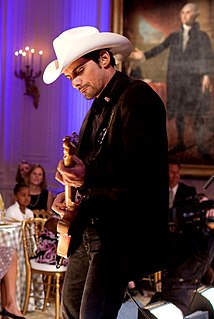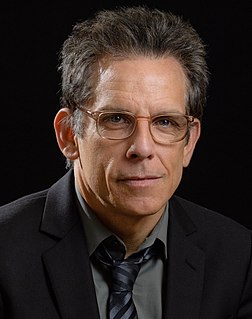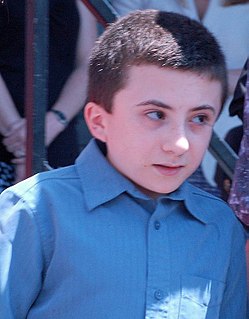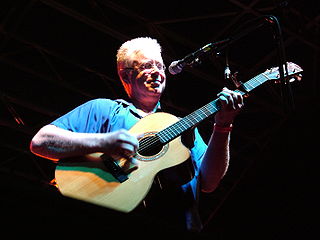A Quote by Dawn Richard
I had always had an affinity for series in literature, and I thought it would be really cool to incorporate what I loved about books into the story of music, to pile it together.
Related Quotes
No one dislikes LL Cool J. If you meet LL Cool J, you fall in love with LL Cool J. LL and I had mutual friends, and he and I had always talked about doing something. My fans know LL's music. And I love him - we're blood brothers at this point. We've been through the fire together. I know no finer person.
One of the things I always underscore when I teach criticism is that young critics, or would be critics, frequently have this illusion that if they write about music they're somehow part of music, or if they write about movies they're part of movies, or of they write about theater they're part of theater, or write about literature. Writing is a part of literature, we belong the species of literature. If you add all the music reviews together that have ever been written, they don't create two notes of music.
I didn't expect to have music as my main thing. I always thought I was going to be a lawyer. When I graduated, I was doing really well with my music in Malaysia. I had stable income, and I had really good momentum in the music industry, so I had to make a decision whether to stop that and continue being a lawyer.
I wouldn't know anything about opera music if it wasn't for Bugs Bunny. That was my entire introduction to opera music. I wouldn't know anything about classical music if it wasn't for "Fantasia." They didn't have to do that stuff. They chose to base this ridiculous, funny, intriguing, creative story on this beautiful classical music. It's the combination of the high and the low that I thought was very cool. But I had no concept of it as a kid.
I started reading seriously at seven or eight, books about myths and legends, the Narnia series. By the time I was 11, I had read all the children's books in my local library, so I moved on to 'Jane Eyre.' What I loved about Jane Eyre was that she didn't rely on her looks but her character. She had a spirit nobody could break.
I never thought about whether film is inherently more sincere, because certainly I think if Guy Maddin had directed A Series Of Unfortunate Events, there probably could have been more of the stage-y irony that is in the books. But I was just interested to see what people would do with it, and worrying that Brad Silberling wouldn't do what I had in mind.
I loved Rushmore. I loved the script. I mean, that is what drew me to it, just the actual piece of literature the script is. But I never thought in a million years that anyone would see it or respond to it. It was an absolute joy that it was so loved and continues to be. The same with The Sixth Sense. I thought, "No one's going to watch this. Bruce Willis hasn't got a gun. There's no shagging. Lovely story, sweet and profound about loss and death, but no one's going to watch this."
This is our story to tell. You’d think for all the reading I do, I would have thought about this before, but I haven’t. I’ve never once thought about the interpretative, the story telling aspect of life, of my life. I always felt like I was in a story, yes, but not like I was the author of it, or like I had any say in its telling whatsoever.
Parker wasn't supposed to be a series. He was supposed to be one book, and if he was only going to be in one book, I didn't worry about it. And then an editor at Pocket Books said "Write more books about him." So I didn't go back at that point and give him a first name. If I'd known he would've been a series, I would've done two things differently. First, I would've given him a first name because that means for 27 books, I've had to find some other way to say, "Parker parked the car."



































